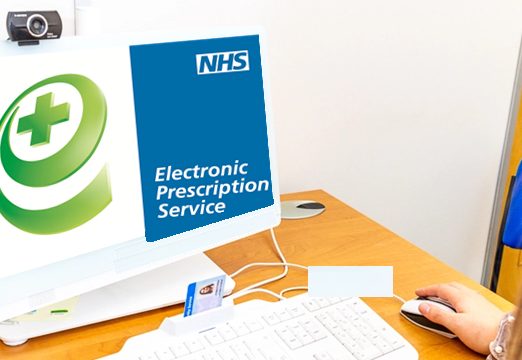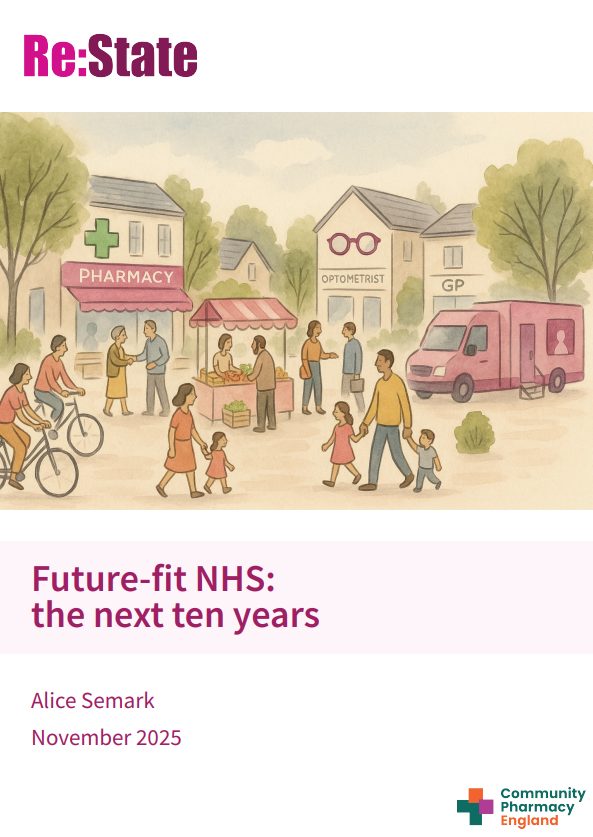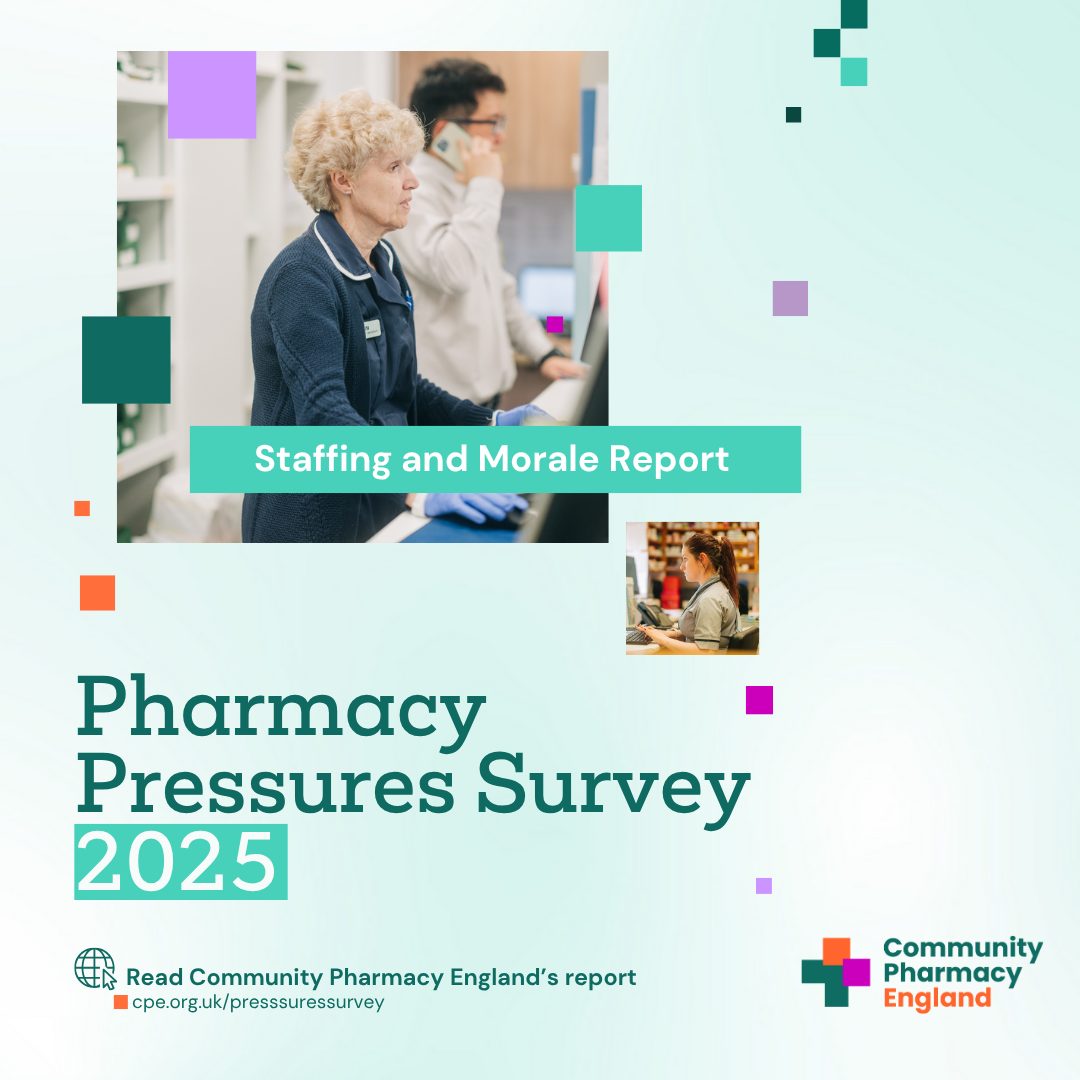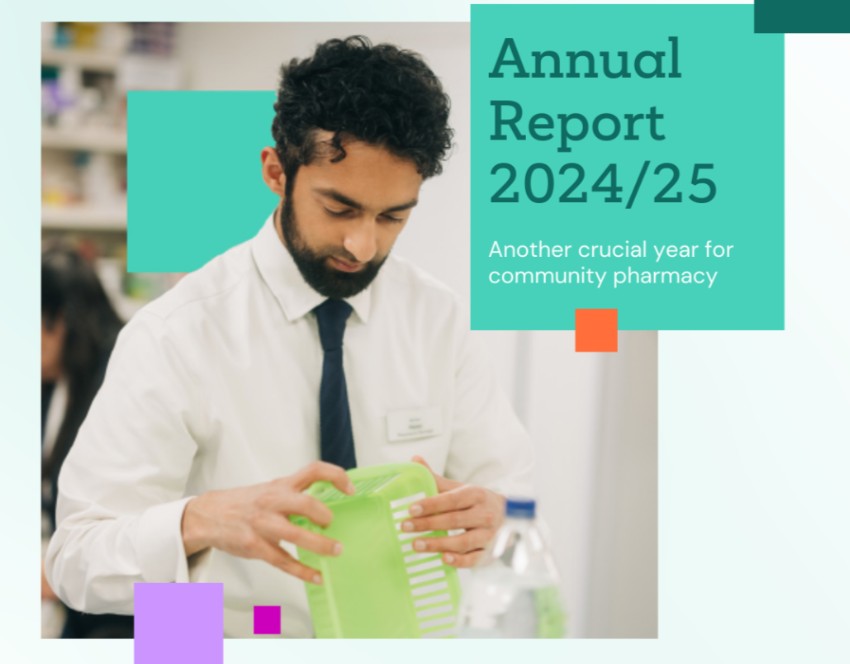Pharmacy First: Claims may be investigated if provision is outside of service requirements
New wording will be added to Part VIC of the February 2025 Drug Tariff to advise that where claims are submitted for Pharmacy First and the data provided indicates the service was not provided in accordance with the appropriate Patient Group Direction (PGD) or service specification, the payments may be withheld by the NHS Business Services Authority while the claims are investigated.
Examples of this include:
- If an excessive quantity of medicine has been supplied, for example, outside that stipulated in the PGD;
- A patient was outside the age range of the PGD, for example, a woman aged 65 or over for an Uncomplicated urinary tract infection; or
- An acute otitis media pathway was provided by a distance selling pharmacy.
Following the outcome of the investigation, payments will only be made to pharmacy owners if determined to be lawful according to the appropriate PGD and service specification.
Reminder: Pharmacy First myth busting series
We have recently published a myth busting series to tackle some of the misconceptions around Pharmacy First; below are some of the myths relating to provision of the service and supply of medicines.
All men are eligible for a urinary tract infection clinical pathway consultation.
Wrong! Based on recommendations from the NICE Quality Standards, the UTI clinical pathway is for cisgender women, non-binary people registered female at birth and transgender men (with no structural alteration to their urethra), aged 16 to 64 with an uncomplicated UTI.
Cisgender men, non-binary people registered male at birth and transgender women (including those who have had structural alteration to their urethra) should be referred to their GPs for management. This is because they are more likely to have a complicated UTI and are excluded under the PGD.
The PGDs will be amended in due course to clarify inclusion/exclusion criteria and to include a glossary of terms from Stonewall.
An 18 year old is eligible for an acute otitis media clinical pathway consultation.
Wrong! The clinical pathway for acute otitis media pathway states that this is for children aged 1 to 17 years. Therefore anyone 18 years and above is excluded from the clinical pathway.
A 65 year old woman is eligible for an uncomplicated urinary tract infection clinical pathway consultation.
Wrong! The clinical pathway for uncomplicated urinary tract infection states that this is for women aged 16 to 64 years. Therefore, anyone aged 65 years or over is excluded from the clinical pathway.
I can provide clinical pathway consultations remotely via telephone.
Wrong!
Clinical pathway consultations: Where it is clinically appropriate to do so, clinical pathway consultations may be conducted via good quality video consultation by a pharmacist who is on the pharmacy premises. Remote clinical pathways consultations may only be provided via a good quality video consultation – they may not be provided by a telephone/audio consultation.
Note: Minor illness consultations and urgent medicines supply consultations: Where it is clinically appropriate to do so, minor illness consultations (referrals) and urgent medicines supply consultations (referrals) may be undertaken via telephone/audio or video consultation by a pharmacist who is on the pharmacy premises.
I can rely on my Pharmacy First IT system to highlight if the patient is excluded from the clinical pathway/PGD and I therefore know when I should not make a supply.
Wrong! The Pharmacy First IT systems do not currently highlight if the patient does not meet the clinical pathway or PGD requirements, for example, if their age or sex excludes them.
Pharmacists must be familiar with the clinical pathways and PGDs when providing the service to ensure they are not providing an illegal supply to a patient outside of the clinical pathway/PGD requirements.
I can choose the appropriate quantity to supply to a patient when providing them with a medicine under a clinical pathway consultation.
Wrong! The PGD for the medicine that is being supplied states the dosing instructions and duration of treatment. Therefore, pharmacists should consult the relevant PGD to calculate the amount of medicine that should be supplied.
I can use my professional discretion to make a supply to a patient who does not meet the inclusion criteria for one of the PGDs.
Wrong! The clinical pathways and PGDs cannot be deviated from; they must be followed when deciding if it is appropriate or not to supply a medicine to a patient under the Clinical pathway strand of the service. The PGD provides the legal basis for the provision of the medicine; professional discretion cannot be used to make a supply of a POM outside the provisions of the PGD.
Distance selling pharmacies (DSPs) can provide acute otitis media clinical pathway consultations.
Wrong! DSPs are excluded from providing the acute otitis media clinical pathway as it requires otoscope examination of the patient’s ear and DSPs can only provide clinical pathways consultations via a good quality video consultation (not face-to-face) conducted by a pharmacist who is at the pharmacy premises.
DSPs can provide face-to-face consultations for clinical pathway consultations (excluding the acute otitis media pathway).
Wrong! DSPs can only provide clinical pathways consultations (not including the acute otitis media pathway which DSPs cannot provide) via a good quality video consultation, conducted by a pharmacist who is at the pharmacy premises.
They cannot provide this type of consultation with the patient being present at the pharmacy premises because the first part of any discussions with a patient relating to the clinical pathways consultations, prior to the Gateway point in the clinical pathway being passed, is part of the Support for the Self Care Essential service. DSPs cannot provide Essential services at their pharmacy premises.
View additional myths on our Pharmacy First myth busting page







